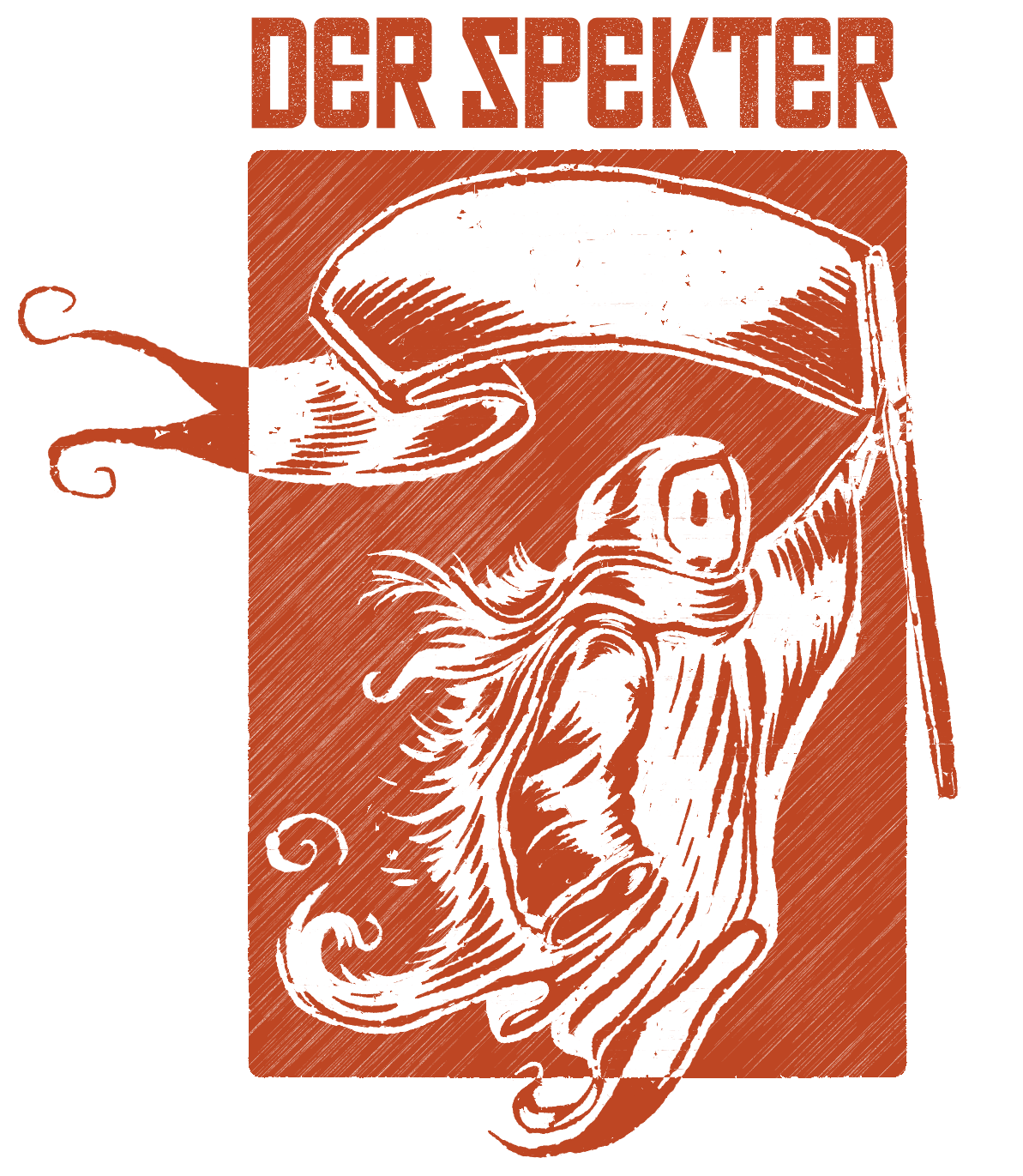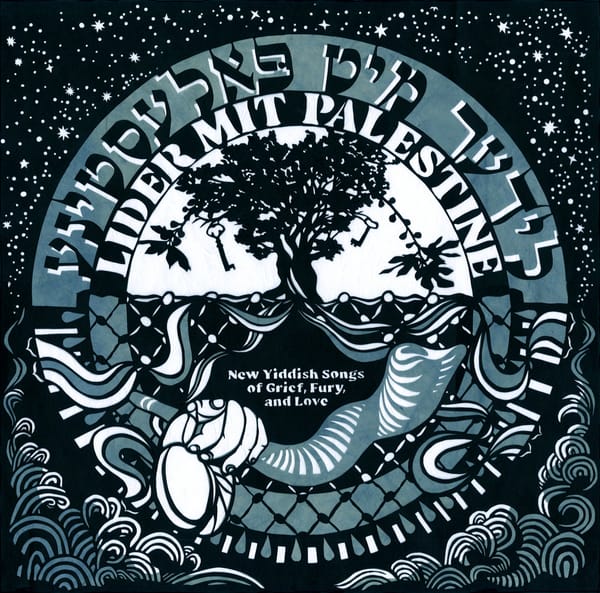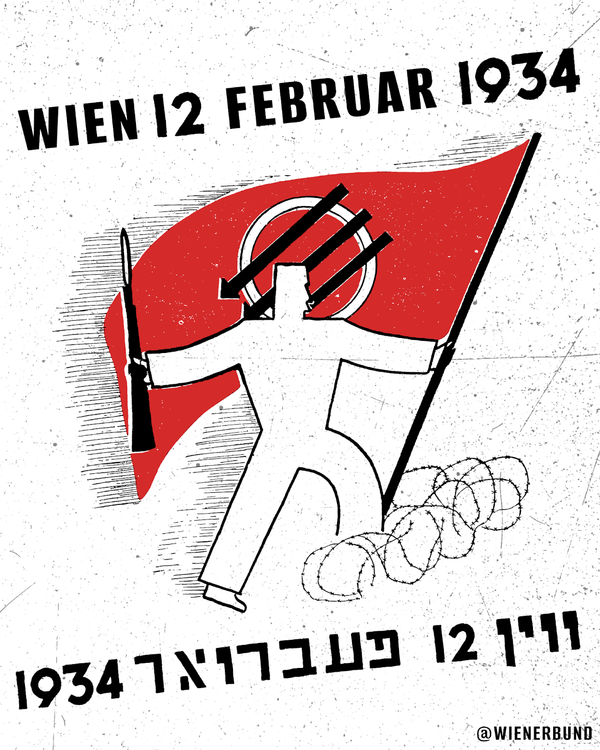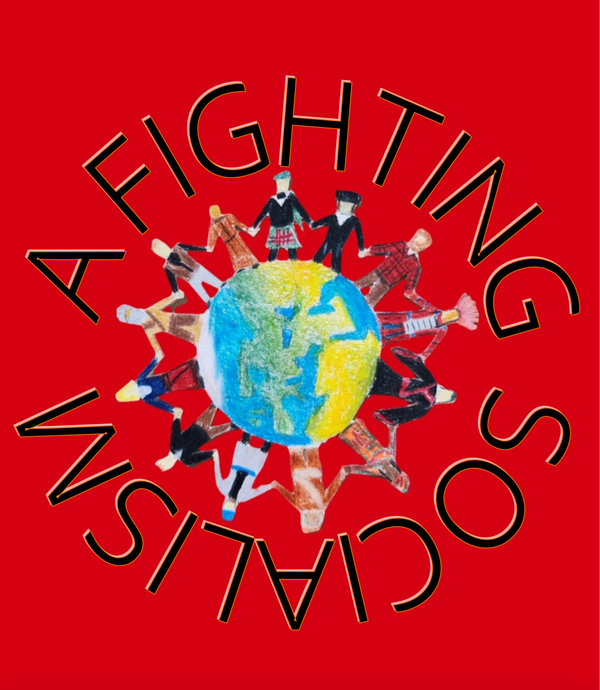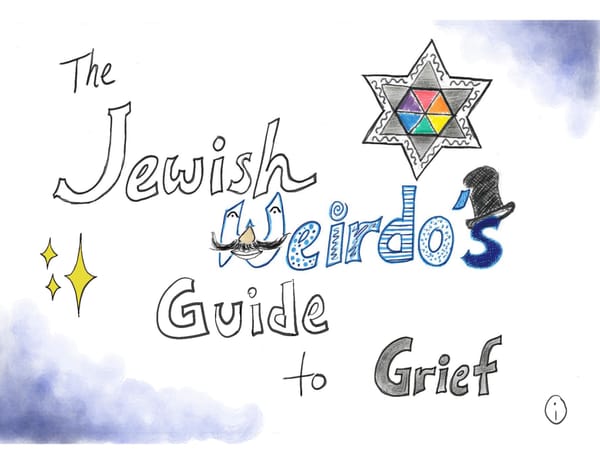From the Editors: Two Years
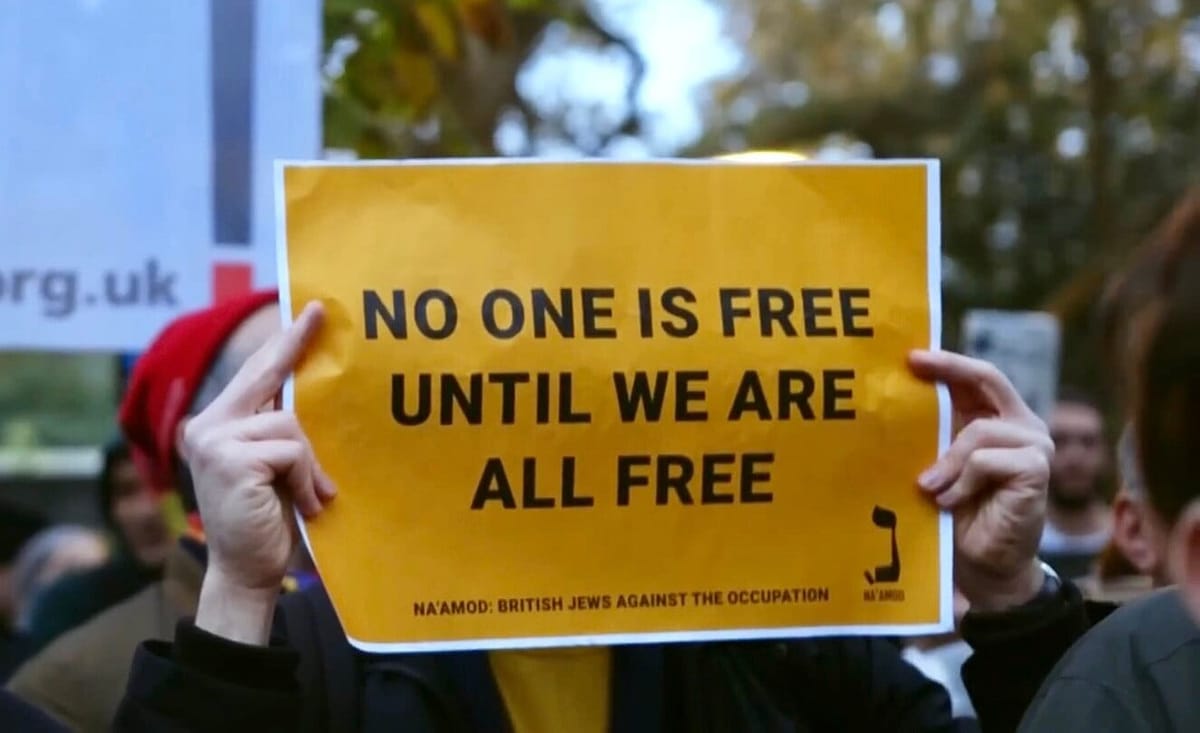
Dear readers,
It is a harsh reality that we have now surpassed two years of genocide in Gaza. A year ago, on October 7, 2024, we wrote a similar editorial whose words we may repeat here: “we bear the moral stain of wanton slaughter of tens of thousands of women and children in Palestine and across the Levant in furtherance of a supremacist ideology that claims to act in our names and for our safety. Our fates are tied. And we accept the responsibility of creating a different reality.”
Genocide is not a crime that is easily quantifiable in numbers, or even one that can be understood through numbers alone. Any death toll is insufficient — not only because of the conditions ensuring that many people remain uncounted in official statistics, but also because numbers cannot adequately portray the nightmare in front of us. Every digit is another family, another perspective, another dream, another memory of inside jokes, nicknames, favorite movies, new loves, an entire human being, entire universes, that have been taken from the world and in the most horrendous fashion. Genocide is also a crime against an environment, a social fabric, a culture, an education, against personal relationships and against basic human needs such as rest and joy.
As Shahad Ali, an English literature student at the Islamic University in Gaza wrote on July 25, 2025: “When the genocide in Gaza began, the Israeli occupation spared no effort, using every possible means to crush what little joy we managed to find, leaving us clinging to memories of what was and what could have been. Everything I once held dear and beautiful has been reduced to ashes. My home, where laughter once echoed, is no more. My university, a beacon of dreams and aspirations, lies in ruins.”
Gazan poet Fatena Abu Mostafa wrote the following lines just two weeks ago:
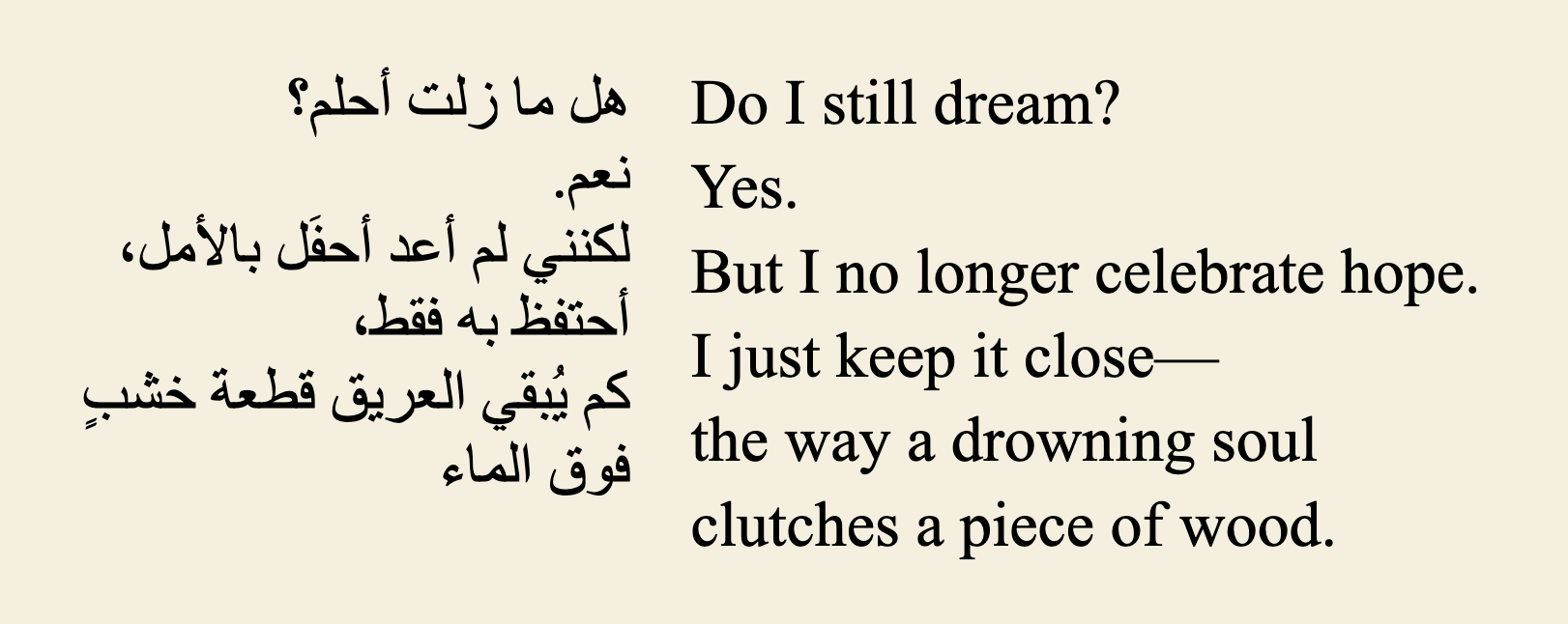
Official reports of a death toll are limited to those individuals who are able to be counted despite the population of Gaza still suffering under exterminationist violence, meaning that these numbers are obfuscatingly small (as the recent UNHRC report freely admits). A year ago, medical professionals working in Gaza estimated that Israel had killed more than 5.4% of the population of Gaza (of whom 50% are children), or more than 118,908 people. Today, this number will be magnitudes larger.
We, the editors of Der Spekter, are only a few. We do not claim to possess the proper words to address the scale of this atrocity. Instead, we understand that one horrendous power of genocide is its ability to silence — to push the boundaries of language, to make language obsolete, to turn itself into a crime that cannot speak its own name. To whatever extent we can, we reject this silence. We will speak the crime’s name, that of genocide and collective punishment, mass starvation and mass casualty, scholastocide and spacio-cide; we will also speak the perpetrator’s name: the State of Israel and Zionism, the Jewish supremacist ideology that names the Israeli as human and the Palestinian as subhuman.
Much has been made of comparisons between the Nazi genocide of European Jewry and the Gaza genocide today. We, Der Spekter, publish in the tradition of the General Jewish Labor Bund in Lithuania, Poland, and Russia, an organization that was largely annihilated by genocide, and whose surviving intellectuals and leaders were scattered around the world as refugees. Even in the face of extermination, the Bund remained committed to seeing the world through socialist eyes, and to resist the chauvinism that demands that our people be separated from other peoples. We are united, against genocide and against the capitalist world order that demands it, wherever we are.
An oft-forgotten story of the Nazi genocide was the world’s inaction to stop it, and the efforts of many militants who fought for recognition of its crimes despite being dismissed as hysterical. Szmul Zygielbojm, a prominent member of the Bund in exile during the war years, committed suicide in May 1943 to protest the apathy of the world towards the suffering of the Jews in Europe. Many have quoted from his final letter to the government of Poland before his suicide, however fewer know of the breadth of his writings and speeches in Yiddish. Shortly before his suicide, he gave a speech in Yiddish, overwhelmingly the mother tongue of Polish Jews, over the radio “to you, the Jewish workers of Poland”:
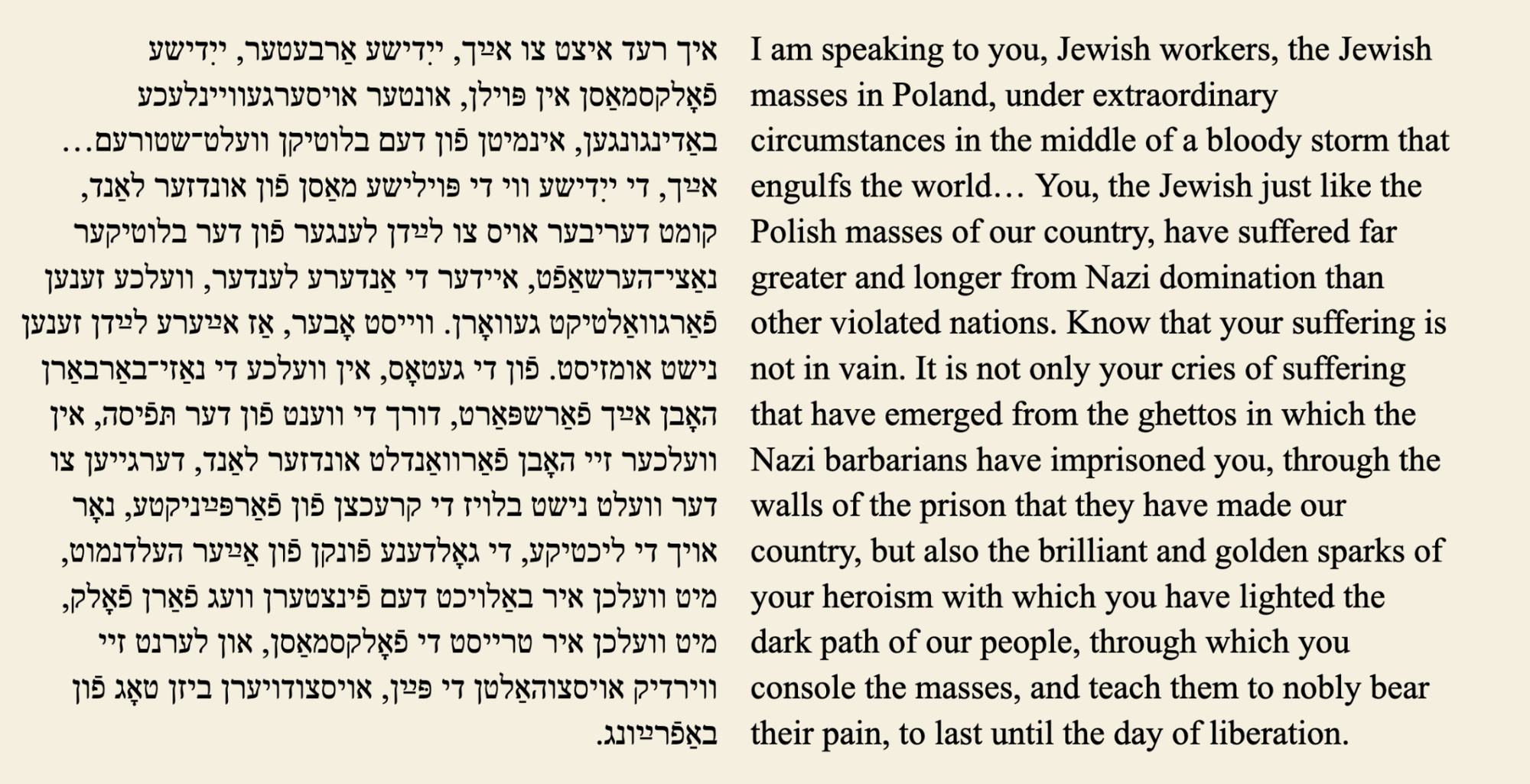
We will continue our work in charting our path together, and we will continue to publish on the work and lives of those bringing about a future built on justice, dignity, socialism, and mutual respect. We will continue to do our part in resisting the Gleichschaltung of our moment that demands loyalty to racism, supremacism, and capitalism. We hope you will join us in this journey, share pieces with your comrades, and pitch us your own perspectives, criticisms, art, prose, and intellectual work.
While we appreciate the financial contributions we have received thus far, today and whenever else you can, we ask you to redirect your money to a verified mutual aid fund of your choosing in support of Palestinians and others affected by the genocide. If you don’t know where to donate, check out the Sameer Project and Operation Olive Branch.
In Khavershaft,
Der Spekter Editors
